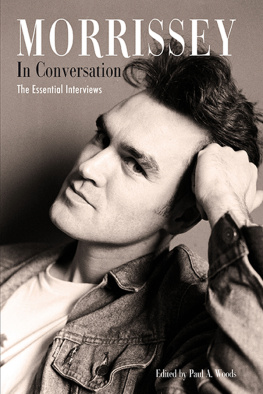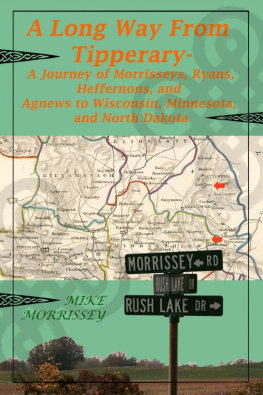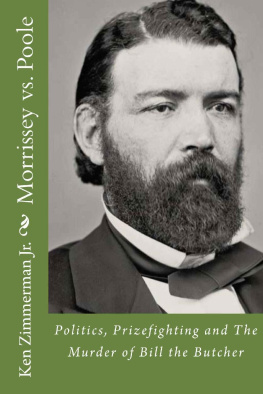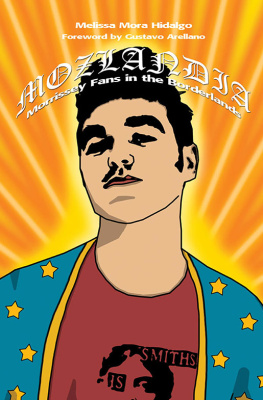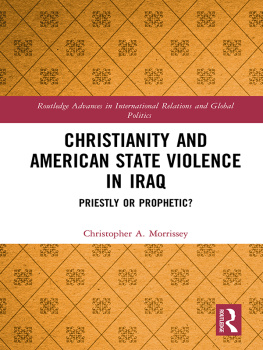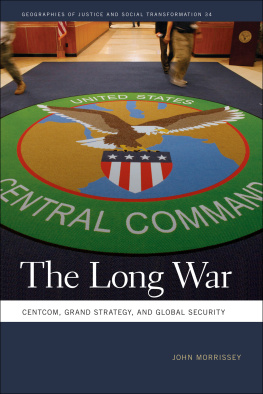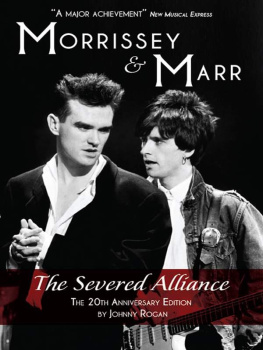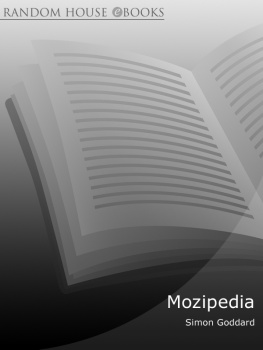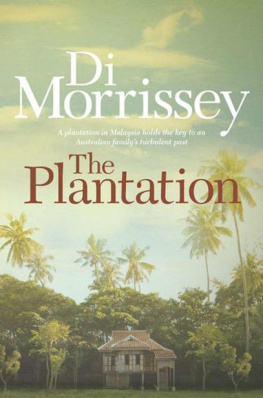
This edition is published by Papamoa Press www.pp-publishing.com
To join our mailing list for new titles or for issues with our books papamoapress@gmail.com
Or on Facebook
Text originally published in 1938 under the same title.
Papamoa Press 2018, all rights reserved. No part of this publication may be reproduced, stored in a retrieval system or transmitted by any means, electrical, mechanical or otherwise without the written permission of the copyright holder.
Publishers Note
Although in most cases we have retained the Authors original spelling and grammar to authentically reproduce the work of the Author and the original intent of such material, some additional notes and clarifications have been added for the modern readers benefit.
We have also made every effort to include all maps and illustrations of the original edition the limitations of formatting do not allow of including larger maps, we will upload as many of these maps as possible.
BRANDY FOR HEROES
A BIOGRAPHY OF
THE HONORABLE JOHN MORRISSEY
Champion Heavyweight of America and State Senator
BY
JACK KOFOED
TABLE OF CONTENTS
Contents
TABLE OF CONTENTS
PREFACE
ONE of the reasons why John Morrissey stood out so sharply against the horizon of his time was because of his fierce hostility toward life. If, as certain psychologists have pointed out, a man can love no more deeply than he can hate, Morrissey must have been one of the great lovers of history. Certainly the bitterness of his hatreds was a wonderment to the unforgiving men who surrounded him.
Behind his hostility was an ambition that itched him all his life. It was not a fever to be regulated and controlled.
Morrissey could have posed for a portrait of the mid-century period that he graced...young, defiant, full of windblown bombast. He was always unappeased and unapologetic...a swaggering, picturesque figure who might have been a greater pirate than Morgan or Blackbeard had his opportunities been those of the sea-rovers. He deserves more than the footnote that has been accorded him in the history of New Yorks most corrupt and violent days.
Men are products of their period. A Mae West would not have bloomed so fulsomely had she lived in the environment of Hester Prynne. A Napoleon might have withered in the peaceful atmosphere of Denmark. John Morrissey would have succeeded in any period...but his success would have been measured in different terms.
Historians of the current scene have rattled the cup and pointed the finger at the Speakeasy Era that followed the World War as the most criminal in American history. They have indicated by innuendo, if not by direct statement, that the Capones and Dillingers and Schultzes, who were bred of that noble experiment, had no counterparts in the past.
This is not entirely true. Even without machine-guns and automatics the hoodlumry of the middle nineteenth century made a charnel house of New York. With the limited armament of fists, clubs, paving stones and pistols at their disposal they did their muscular and inspired best. Officials, who had sworn to uphold the law, looted treasuries and sought bribes with a callous frankness that could not be equalled even by the turbulent twenties. Life was insecure on Manhattan Islandand the police the worst in the world.
There never was a time that New York was such a cauldron of knavery, corruption and thuggery as when John Morrissey strode across its turbulent stage. He was hardened and shaped by its philosophy.
The motivation behind Morrissey was the material one of ambition. He wanted success...and success was spelled in money and power. No man could have done more, since there was no objective that he failed to take.
This, then, is the portrait of a man who had to get on no matter what the consequences...a brutal man, whose brutality is explained by his antecedents and the fact that he lived in an uncompromising age. He had a magnificent body, a cold reasoning mind and an instinct for leadership...generosity, sentiment and courage. That he was popular must not be passed by lightly, either, for popularity is a broad gauge and a lively symbol.
I have written the story of John Morrissey, not because he added an iota to the knowledge or welfare of the human race, but because he was an interesting and exciting man. That seems to me reason enough for any biography.
JACK KOFOED
New York, 1938.
CHAPTER I
MARY MORRISSEY was in labor.
A pair of candles slit thin little wedges of light into the darkness of the room. It was cold. Februarys gusty wind clattered outside and blew a frosty breath through the cracks. The fire-place gave out smoky warmth, but not enough for Mary, who huddled under the blankets, feet and legs numb.
The pain made her light-headed. She could see the wide, vague outline of Tims shoulders as he heated a basin of water, and Granny Griffin, the mid-wife, fumbling about in her owl-eyed way. But, at moments, Mary was not really in the room at all. She was on the hills, with a summer sun ablaze in the sky, and Tim, her young lover, kissing her on the lips.
Tim was a handsome lad, gay and shiftless and bound to be a good-for-nothing. He had the strongest, tenderest hands in Tipperary, a taste for liquor and not enough education to scrawl his name on a bit of paper. But what does youth care for the future when the wine of spring is in its veins? What woman thinks of wash-tubs and diapers and empty pantry shelves when a mans arms tighten about her? Not Mary, for one.
She had thought enough not to let him take her. That was because religion dampened her passion. The Church said fornication was sin, and she did not have courage enough to confess such an act. Would it really have been a sin when they loved each other so much, and God could have looked down from His hazy blue-gold throne and seen what they were doing?
Then suddenly the hills were gone...and the sun, too...and she was in her bed of pain, biting her lips until they bled. It was a bad thing to be born in Ireland in 1831, thought Mary, and a worse thing to live there. Taxes for insolent English officials. Tithes for the fat bishop. Potatoes and salt to eat, with meat once a month if you were lucky; boiled wild weeds if you were not...a squalid cabin to sleep in; men and women barefoot and half clad, summer and winter.
To hear the stories youd think Ireland was paradise. It might be if the English and the priests would let folks aloneah, yes, a paradise with the green of the grass under foot and the blue of the sky over head. But small chance for lovin and livin in such beauty with sheriff and bailiff and warden gruntin like pigs over ones last miserable shillins.
Her belly felt a monstrous, bloated thingand the pain ran out of it down her thighs and up to her mind.
She felt the beat and clamor of the son in her womb. Better stay there, little darlin, and know nothin of whats before ye, if whats before ye is Ireland.
Yet in her travail, Mary smiled. He should not live in Ireland, this boy of hers. Ever since she was a little girl she had seen jails filled and gibbets rotten with human fruit. She had known nothing but poverty and the yearning to have things that would never be hers. Toward the end of escaping Ireland she had saved...pennies until they were shillings; shillings until they were a few painful pounds. No matter what happened she had enough in the cracked tea-pot on the mantel to take them to America.


